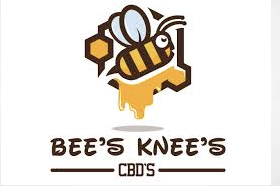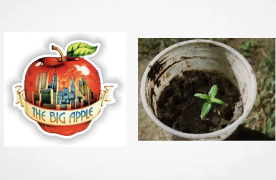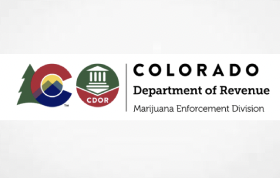In this study, researchers analyzed smokable hemp plant products for Δ8-THC, Δ9-THC, THCA, and total Δ9-THC through an established liquid chromatography with photodiode array detection (LC-PDA) method using a methanol extraction procedure.
In this manuscript, smokable hemp plant products were analyzed for Δ8-THC, Δ9-THC, THCA, and total Δ9-THC by a previously established liquid chromatography with photodiode array detection (LC-PDA) method using a methanol extraction procedure. The passage of the 2018 Farm Bill defined hemp as cannabis plant containing 0.3 % or less of Δ9-THC, which led to a large increase in hemp production in the United States in 2021. Approximately 76 % of it focused on floral hemp that is used to produce hemp-derived finished products such as smokable hemp. As a result, forensic laboratories have seen a significant increase in confiscated cannabis samples, but few reliable analytical methods exist for differentiation between hemp and marijuana. In response to the need for reliable quantitative methods, the National Institute of Standards and Technology (NIST) has developed and evaluated analytical methods to provide forensic scientists with the tools necessary. Over 90 % of the samples analyzed by NIST were determined to have a total Δ9-THC mass fraction above 0.3 % even though samples were being marketed as hemp. Surprisingly, often the associated online documentation reported total Δ9-THC mass fractions of ≥ 0.3 %. Mass fractions determined by NIST were compared with manufacturer’s online documentation for 22 samples. Measurements differed by ≈ 55 % for total Δ9-THC, ≈ 68 % for THCA, and ≈ 18 % for Δ9-THC. Poor agreement may result from method difference, sample inhomogeneity, batch to batch variability, changes due to storage conditions, and/or product labels or online documentation that are not representative of actual products. (Published Abstract Provided)



















